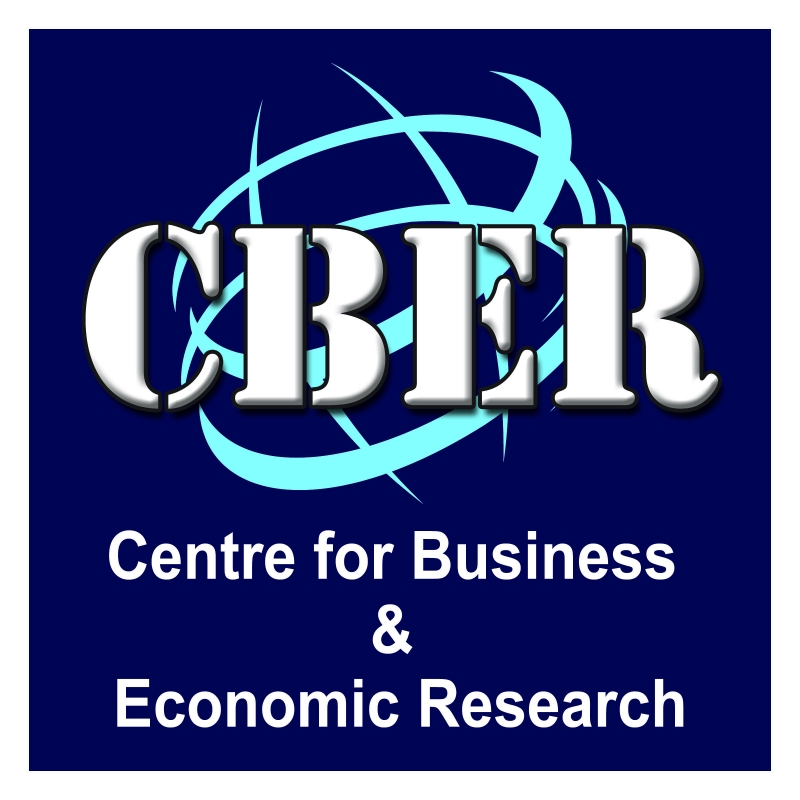ICBED April-2019About the Conference
There are NINE (9) tracks at International Conference on Business & Economic Development
Sub-Themes:
1. Business and Economic Development
2. Re-Engineering Business Education
The 2019 ICBED conference is a vehicle for forging a visible partnership with international scholars, practitioners, and industry. Participants will choose from concurrent sessions in the following 9 tracks:
Finance, Accounting and Organisational structure: Provides the scholarly means to present research on any finance, accounting and organisational structure-related topics. Papers can take as their focus SMEs or larger corporations and multinationals. IT and other innovation is impacting considerable across the board and so this is another aspect that could well provide a stimulating route into these three areas of academic research.
· Access to finance & getting credit
· Enforcing contracts
· Attracting FDI
· Support & Growth for SMEs
· Accounting practices
· Local capacity development
· Investment incentives, taxation and investor confidence
Growth & Economic Development in Emerging economies: Provides a forum for faculty and specialists in the field to elucidate some of the challenges formulating policies and overseeing implementation. The conference is keen to see papers that focus on frontier and emerging markets, as well as exploring regional, national and trade block related topics. Papers related to gender, the environment and sustainable development are particularly welcome.
· Seed funding
· Infrastructural development
· Access to port and transport hubs
· Strategic planning
· Dealing with permits and licenses
· Security
· Regional trade
Globalisation and International Trade track provides the ideal forum to present papers that explore the core features of globalisation, as well as some of the unforeseen consequences. Papers from all aspects of international trade are welcome and may include, but are not limited to, the trade tariffs, logistics, infrastructure developments and emerging markets.
Branding & Marketing: With each market being unique this track gives scope to examine brand identity and equity (including national and regional branding). Paper related to Intellectual Property are welcome as are those that examine and explore the diverse and innovative ways in which local and international brands are endeavour to capture and retain customers across a wide demographic, not only the lucrative youth market, but also specific market segments such as women and senior citizens.
· Brand protection
· Find and developing a USP
· Social and Cultural Impacts on Product Adoption
· Role of Branding in Product Adoption
· New Products and Consumer wellbeing
· Mobile marketing and location marketing
· Aligning message, media, and metrics
Entrepreneurship in Emerging & Developing Economies: Affords an opportunity to examine one of the key drives of economic activity in rural, peri-urban and urban environments. Papers can take as their focus entrepreneurial education, new technology as a vehicle for entrepreneurial activity, the positive and negative roles of regulatory frameworks, the challenges of accessing funding and product development, retail and distribution, gender stereotyping in the realm of entrepreneurial activity and the language and iconography of entrepreneurs in the developing work.
· Defining entrepreneurship
· Essentials of entrepreneurship education
· Funding mechanisms
· The role of local knowledge
· Knowledge clusters and new technology
· Regulations and the role of micro businesses and SMEs.
· The role of social entrepreneurs
Cloud Computing, Big Data & Cyber Security: Offers academics and subject specialists an opportunity to present research in areas that are having a profound effect upon all our lives. The conference is eager to see papers that focus on the ways organizations and institutions collect, manage, store and protect data. Innovation and foresight are of particular relevance, as is ensuring organizational awareness of levels of risk and dependency.
· Cloud Computing
· Big Data
· Business Intelligence
· E-Applications
· Web Tools and Technologies
· Social Media
· Virtualization
· Reuse & elasticity problems
· Data acquisition
· Data management
· Data & Legal obligations
· Critical infrastructure protection
· Risk awareness & mitigation
Teaching & Learning Business Education with Technology: Papers in a range of areas that include the likes of blended learning, reflective learning, languages in education, creating independent learners, technical and vocational education and training, ICT and Education, Staff and Faculty, strategies for tacking disruptive classroom behaviour, effective deployment of support staff, Use of technology in teaching & learning, Social media, effective online business education etc.
Business Student-centred Teaching & Learning: Papers that focus on topics such as Self-appraisal mechanisms, peer review, benchmarking, holistic assessment, value added, training and mentoring, blended assessment, inter-faculty/departmental approaches, improvement activities, quality assurance, self-evaluation, student centred curriculum design, motivating new faculty toward student centred teaching & learning, Keeping Business Instruction Relevant & Faculty Development
Bridging the Skills Gap: Partnership between Faculty, Industry, & Community: Papers that focus on topics such as external & industry partnerships, external relations, staffing issues, centres of excellence, partnerships & collaboration, diversity in leadership and management, Recruitment, graduate’s employability etc
